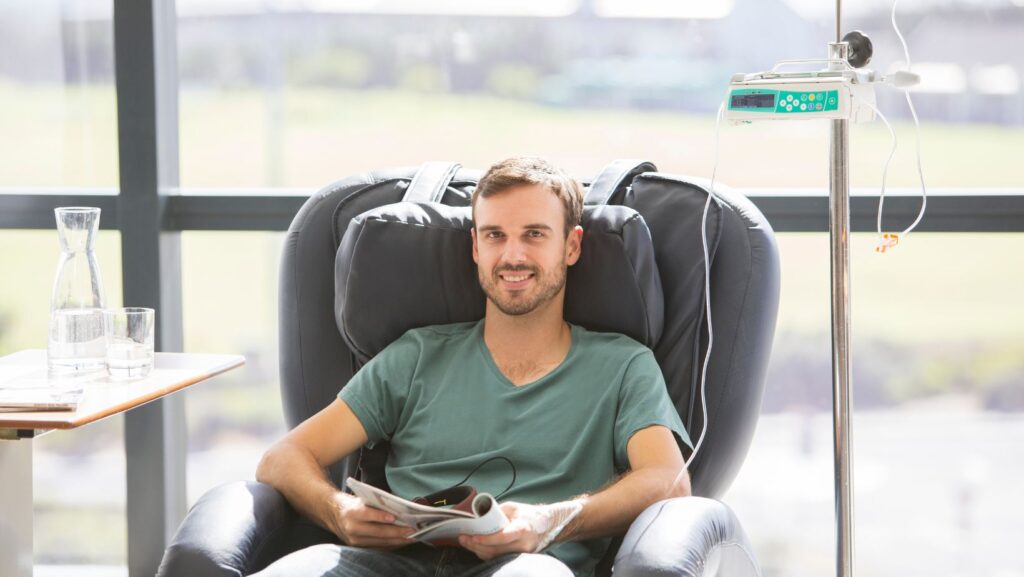Outpatient addiction treatment for co-occurring disorders is a comprehensive approach designed to address both substance use disorders and mental health conditions simultaneously. Co-occurring disorders, also known as dual diagnosis, involve the presence of both an addiction and a mental health issue, such as depression, anxiety, or bipolar disorder. Treating these disorders together is crucial because they often interact and exacerbate each other, making recovery more complex. In outpatient settings, patients receive care while maintaining their daily responsibilities, allowing for a more flexible approach to treatment. This method acknowledges the need to address multiple facets of a person’s health to achieve long-term stability and recovery.
Contents
Table of Contents
ToggleIntegrated Treatment Approaches
Integrated treatment approaches at Valley Spring Recovery Center are essential for managing co-occurring disorders effectively. This method involves coordinating treatment for both addiction and mental health conditions through a single, unified plan. It ensures that both conditions are addressed simultaneously rather than sequentially. Integrated treatment often includes a combination of psychotherapy, medication management, and counseling. Cognitive-behavioral therapy (CBT) is commonly used to help individuals understand and change their thought patterns and behaviors related to both their addiction and mental health issues. Medication may be prescribed to manage symptoms of mental health conditions, while counseling provides support and coping strategies for both the addiction and the underlying mental health challenges.
Benefits of Outpatient Treatment
Outpatient treatment offers several advantages for individuals with co-occurring disorders. One significant benefit is the ability to continue with daily life while receiving treatment. This allows individuals to maintain their personal and professional responsibilities, which can be crucial for their overall well-being and recovery. Additionally, outpatient programs provide flexibility in treatment schedules, making it easier for individuals to attend sessions without disrupting their routines. These programs also foster a supportive community through group therapy sessions, where individuals can connect with others facing similar challenges. Focusing on self-management and coping skills in outpatient settings helps individuals build resilience and effectively develop strategies to handle stressors and triggers.
Challenges in Outpatient Treatment
While outpatient treatment for co-occurring disorders has many benefits, it also presents particular challenges. One of the primary challenges is the risk of relapse, particularly if individuals face significant stressors or lack a strong support network.
Managing both an addiction and a mental health condition can be overwhelming, and the temptation to return to substance use may be high during difficult times. Additionally, outpatient treatment may not be suitable for everyone, particularly those with severe symptoms or a high level of impairment. More intensive treatment options, such as inpatient or residential programs, may be necessary to ensure safety and effective treatment.
Role of Support Systems
Support systems play a crucial role in outpatient addiction treatment for co-occurring disorders. Family and friends can provide emotional support and encouragement, which can be instrumental in recovery. Involving family members in therapy sessions can help address relational dynamics and improve communication within the household. Support groups and community resources also offer additional support layers, allowing individuals to connect with others with similar experiences. These connections can provide a sense of belonging and reduce feelings of isolation. By leveraging these support systems, individuals can enhance their treatment outcomes and build a stronger foundation for lasting recovery.
Monitoring Progress and Adjustments
Monitoring progress is an integral part of outpatient treatment for co-occurring disorders. Regular assessments help track the effectiveness of the treatment plan and make necessary adjustments. Treatment plans should be flexible and adaptable to the individual’s changing needs. This might involve altering therapy techniques, adjusting medication dosages, or incorporating new strategies to address emerging issues. Progress is often monitored through individual therapy sessions, where patients can discuss their experiences, challenges, and successes.
Continuous feedback from the patient and the treatment team ensures the approach remains effective and aligned with the individual’s goals and needs.
Importance of Aftercare Planning
Aftercare planning is a critical component of outpatient treatment for co-occurring disorders. Successful treatment does not end with the completion of the program; instead, it is the beginning of a new phase of recovery. Aftercare plans typically include ongoing therapy, support group participation, and regular follow-up appointments. These measures help individuals maintain their progress and address any challenges after treatment. Effective aftercare planning also involves setting long-term goals and developing strategies to prevent relapse. By having a clear plan, individuals can continue to build on the skills and insights gained during treatment and navigate the transition to a more independent and sustainable recovery.
Outpatient addiction treatment for co-occurring disorders provides a valuable approach for managing both substance use and mental health issues simultaneously. By integrating treatment methods and offering flexibility, outpatient programs support individuals in maintaining their daily lives while receiving necessary care. Despite the challenges, such as the risk of relapse and the need for robust support systems, outpatient treatment offers significant benefits, including continuity of care and personal empowerment. With effective monitoring and aftercare planning, individuals can achieve a balanced and sustainable recovery, paving the way for a healthier and more fulfilling life.



